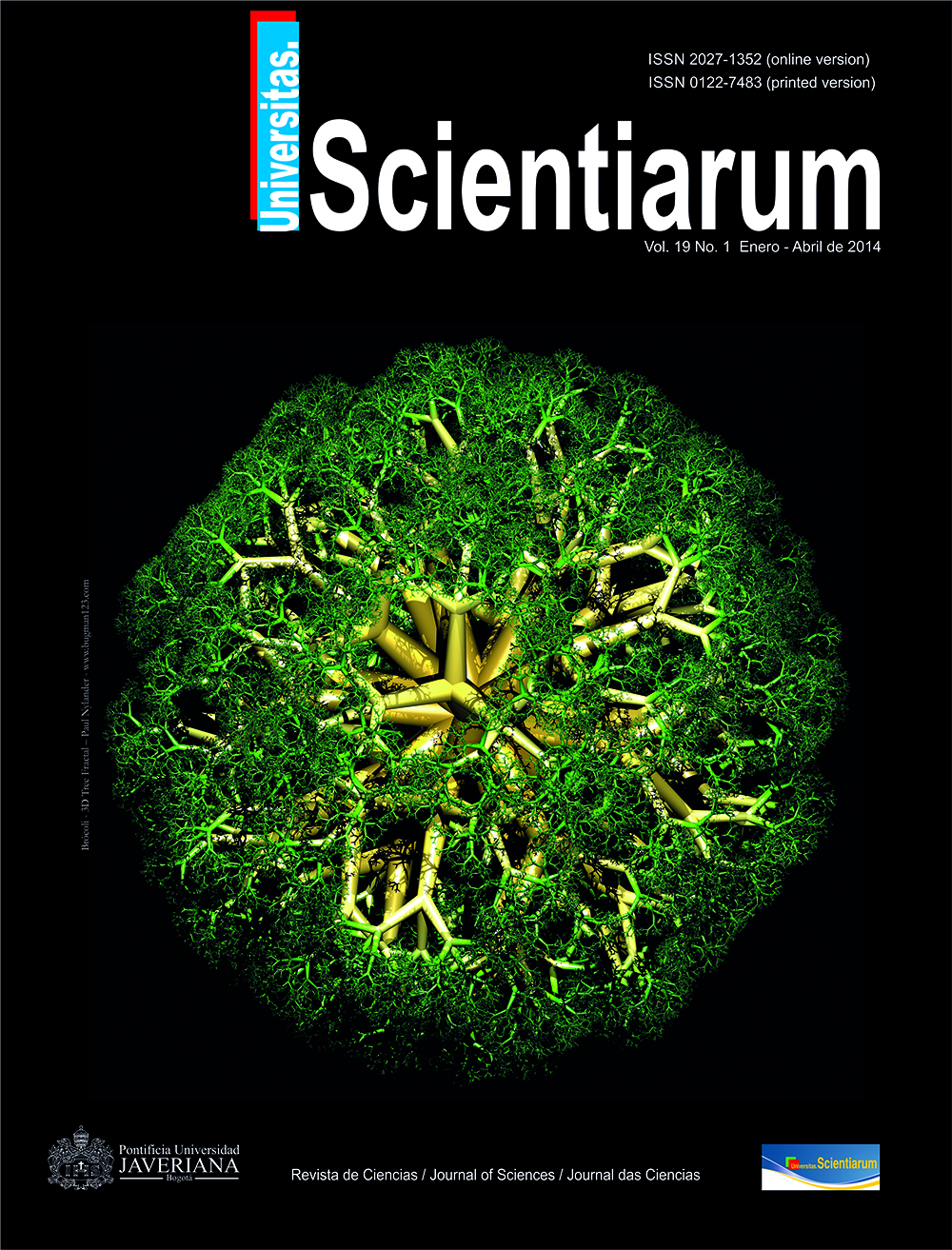Abstract
Here, we present electronic and transport properties of quaternary Cu2ZnSnSe4 (CZTSe) nanocrystalline films fabricated by physical co-evaporation. The samples were grown on soda-lime glass substrates and synthesis parameter ranges, Cu mass and substrate temperature were varied. Using thermopower at room temperature and spectral transmittance we found that the material is characterized by n-type conductivity and forbidden energy bandwidth of 1.7 eV, respectively. Electrical conductivity means (low temperature region; 90-200 K) showed that conductivity processes occur via variable range hopping between extended states. We obtained the parameters characterizing this mechanism, activation energy (Whopp), and range hopping (Rhopp), by employing the percolation theory and diffusion model. The density of defect states near the Fermi level of the material, N (EF) of the CZTSe samples is about 3,403x1018 cm-3 eV-1. We found a correlation between deposition parameters and electrical properties and observed a parameter influence on the formation of additional phases in the compound.Univ. Sci. is registered under a Creative Commons Attribution 4.0 International Public License. Thus, this work may be reproduced, distributed, and publicly shared in digital format, as long as the names of the authors and Pontificia Universidad Javeriana are acknowledged. Others are allowed to quote, adapt, transform, auto-archive, republish, and create based on this material, for any purpose (even commercial ones), provided the authorship is duly acknowledged, a link to the original work is provided, and it is specified if changes have been made. Pontificia Universidad Javeriana does not hold the rights of published works and the authors are solely responsible for the contents of their works; they keep the moral, intellectual, privacy, and publicity rights. Approving the intervention of the work (review, copy-editing, translation, layout) and the following outreach, are granted through an use license and not through an assignment of rights. This means the journal and Pontificia Universidad Javeriana cannot be held responsible for any ethical malpractice by the authors. As a consequence of the protection granted by the use license, the journal is not required to publish recantations or modify information already published, unless the errata stems from the editorial management process. Publishing contents in this journal does not generate royalties for contributors.



